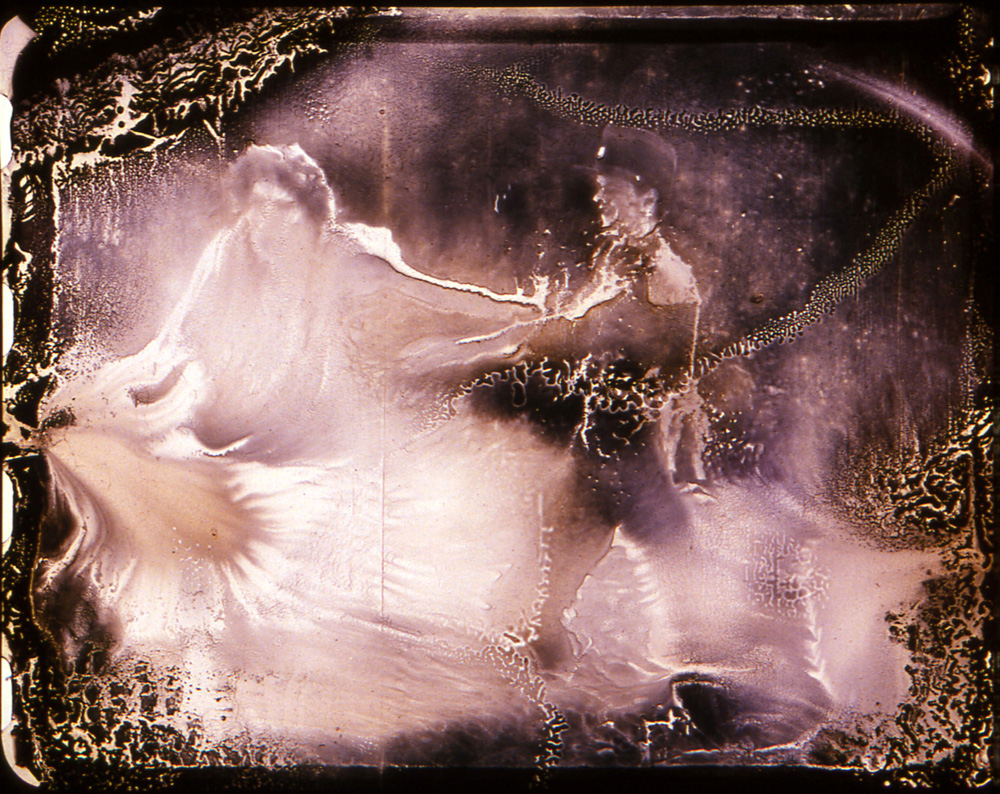
Neurotransgressive Fun Times: Time Travel Dyspractice Workshop
Daniel Oliver
In this workshop we will imagine ourselves as time travellers from a glorious and chaotic neurodivergent-led future.
Arika have been creating events since 2001. The Archive is space to share the documentation of our work, over 600 events from the past 20 years. Browse the archive by event, artists and collections, explore using theme pairs, or use the index for a comprehensive overview.

In this workshop we will imagine ourselves as time travellers from a glorious and chaotic neurodivergent-led future.

A preposterously heavy, eye of the storm musical tug of war, in which two drummers, electronics and electric guitar fall over each other in a droning crush.

This set continues on from the Bud Neill inspired clatter using the contents of the Usurper twin’s pockets.

No Wave, damaged garage jams and crazed instant vocal shrieks.

How do communities formed under the duress of violent othering and the joy of solidarity – such as ballroom culture, Black diasporas, Zapatistas – reform bonds of kinship?
A public gathering that brings together local artists, musicians, activists, and community organisers.

Each film in this programme celebrates process; the decay of emulsion, the properties of dust and dirt, the manipulation of time. Post the dawn of the digital age, we reflect on our love of the film form, celluloid as an object, a medium and a physical entity.

A programme that looks at how sound and image can be treated as variants in a collection of ordered objects; at how to create meaning from the similar, and to notice difference.

A voice that can vault from an elegantly whispered insinuation to asphyxiated and murderous barks or squalls in a heartbeat.

Introducing and setting intentions for a crip grief transformation and witness altar. A place to sit and breathe, remember our dead, wash our hands and leave offerings to and for loved ones we’ve lost – and for ourselves.

Hijokaidan rapidly built a following due to the overwhelmingly physical intensity of their live performances, often involving destructive onstage rituals of vomit, urine, mangled guitars and ear shredding volume.

Somewhere between performance, stripped down theatre and an intense kind of public learning or maybe even a public hearing.